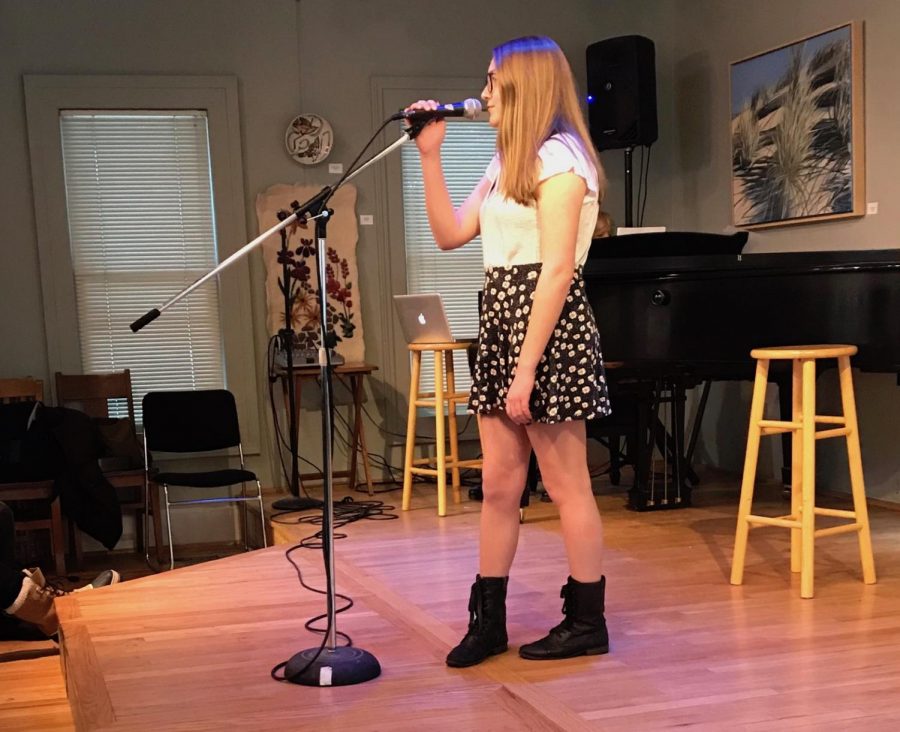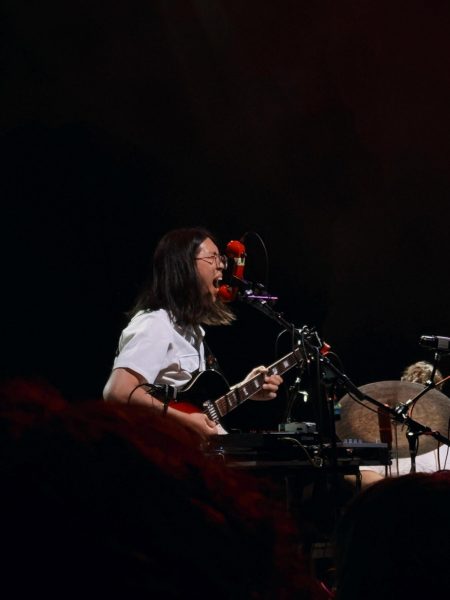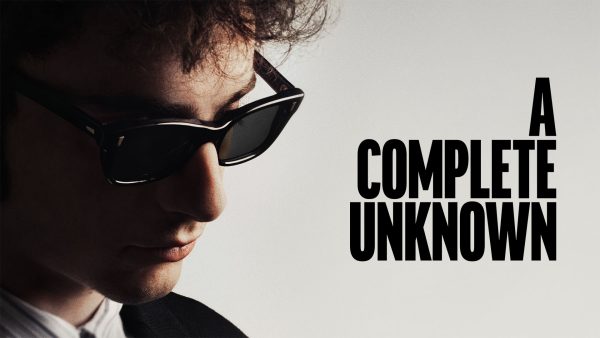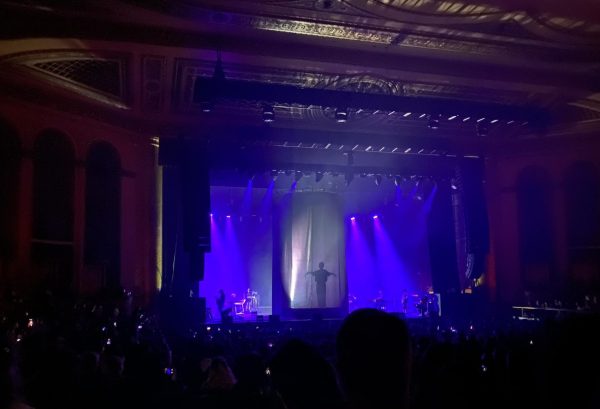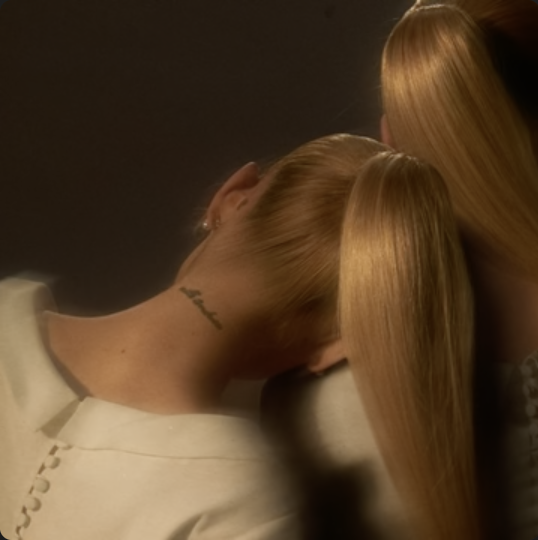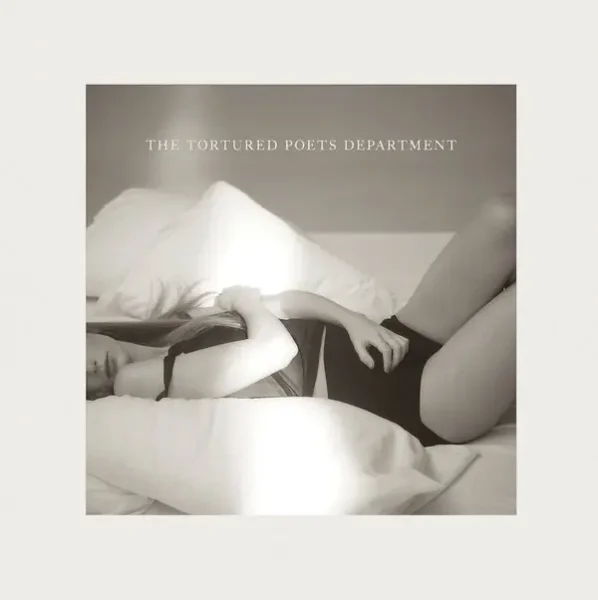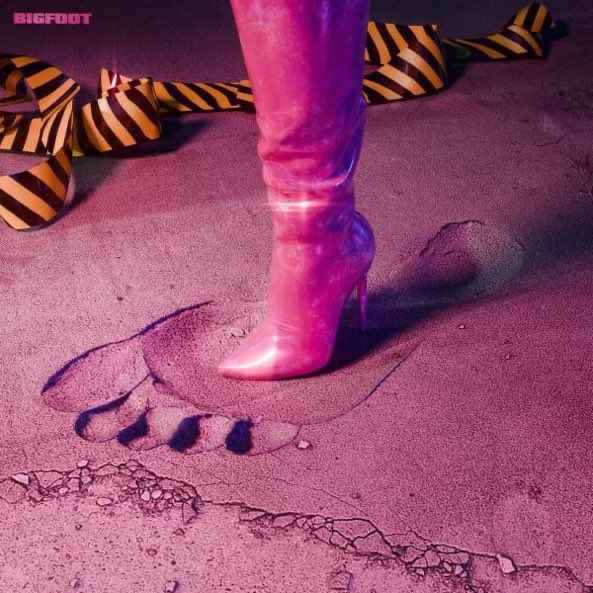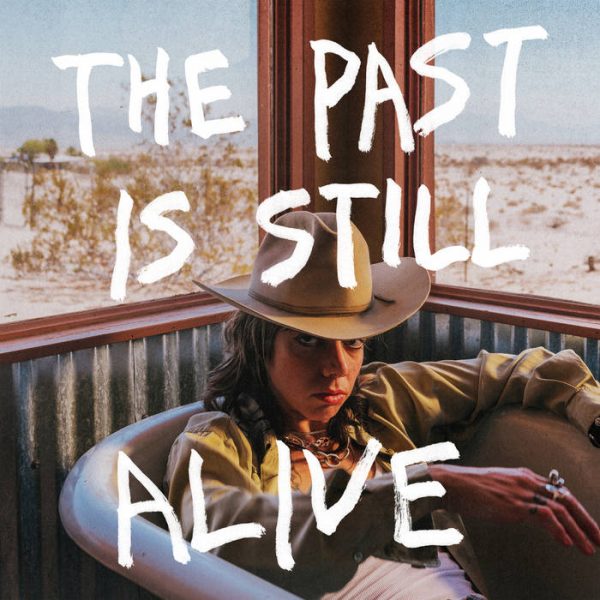Females in Jazz
A crowd of CHS jazz students threw their arms in the air, pounded on the wooden railing, and cheered until their throats were hoarse as Mei Semones began to play as the first, and only female musicians from Community who would perform in front of Victor Wooten and his fellow teachers at his camp in Tennessee.
Junior singer Maddie Jelic says that at girls at Wooten’s camp were few enough in number to stick together constantly throughout the trip, “which was nice,” she says, “but it shouldn’t have to be like that. There should be enough girls that we can’t just all congregate together in one group. There should be enough.”
“It’s not purposeful,” Jelic says when asked why there aren’t many females in the Jazz program. “It’s not that girls are like, ‘I hate jazz” or guys are like, “You can’t play jazz,’ but I think because it’s male-dominated, it’s hard to change that, because girls that do go into jazz start to feel like it’s not for them because it’s male dominated, but if girls keep feeling that way, more women won’t get into it, so it won’t change.”
“I assume there are some discriminatory things in the program,” senior guitarist Danny Freiband says. “Jazz is generally male dominated, not just in high school, right? All the old jazz people, except the singers, were guys. It goes without saying that there are prejudices throughout. That’s one reason for sure.”
Both Jelic and Freiband are in agreement that there should be more women in the Jazz program.
“I think more women should be in jazz,” Jelic says, “but not because they’re women. I think they should do it if they like music and if they like jazz. I definitely know people that are good musicians that are females that just don’t consider jazz something they should do. Not for any real reason but I think if more women tried jazz they would be more into it.”
“I think if more women want to be in jazz than feel comfortable being in jazz,” Freiband says, “they should [join jazz], and I think there are. I wonder if everyone who wanted to play would play if there would more girls than guys. It certainly wouldn’t be as divided as it is now.”
Although Freiband cannot seem to pinpoint any specific moments when he witnessed females in jazz being treated differently, Jelic appears to be often confronted with double-standards.
“Immediately if you’re a girl and you can play, you’re ‘that b-i-t-c-h,’ or things like that,” Jelic says. “It’s stereotyped that I would be the over-dramatic one because I’m the only girl in the group, so if I state my opinion, it’s like, ‘oh she’s being dramatic,’ verses if someone else states theirs they’re like, ‘oh that’s just his opinion.’ Which isn’t on purpose. They’re not trying to do that but it’s just a natural thing that happens.”
On the other hand, freshman trumpet player Sela Gur-Arie does not think that being in jazz as a girl makes a difference in the way she is treated, or how she views herself.
“It’s 2018,” says Gur-Arie. “Being a female in the jazz program . . . I just don’t really think about it. I don’t think it really matters. I just try to be my own person and be the best I can, be myself.”
Freiband seems to think that other females in the jazz program try to be the best they can, as he sees them as more confident players.
“They have to be confident to be in the program. That’s probably because the ones that are playing are the confident ones. All the other [girls] are probably less confident because they’re made the be less confident by the fact that they’re girls.”
Jelic does not always feel as confident as Freiband views the girls in jazz.
“Well, I am at times [a confident singer], but not necessarily in jazz,” Jelic says. “I think it’s because I’m scared of messing up and in jazz to be successful you really need to be able to go out of your box and try things and just see what happens. I get scared of the way my own band might judge me. If I mess up, I don’t want to look like the weak link, or the person who knows the least because I’m a girl. I want it to be like, ‘that girl knows her stuff,’ so if I try something new I don’t want to mess up, so I just don’t try anything new. I just kind of stay in my box and do my thing. I feel more pressure to be good, because I feel like if I’m not good it will stereotype that no women are good at jazz. There are so few of us that if we’re not good, then it’s like, ‘that’s why [more women aren’t in jazz], because they suck.’ I don’t want to be the one that makes it look like women suck, cause they don’t.”
Although all of these musicians have different experiences and opinions on females in jazz, they are unified in their awe of music.
“I think music imitates life in a lot of different ways,” Freiband says. “I guess I think of life as a lot of expectations and meeting or breaking them and also tension and release and things like that, which are also the core elements of music. That’s probably why we like music. It has tension and then it releases in ways that we would like it to release real life and sometimes it does and sometimes it doesn’t.”
“If you play an instrument that isn’t singing, you can convey emotion through the melody, but singing is the best of both worlds because you can convey it through the lyrics but also the melody,” Jelic says. “Music just sets the tone for a lot of things. It changes the mood. You can see it in peoples faces when their emotions change based on the music that you’re playing. It’s pretty wild.”
“You’re not going to get far in the music world if you’re just being an average person playing average stuff,” Gur-Arie says. “You really need to find yourself. Just play something different, completely different from everyone else. Be unique and be your own self.”
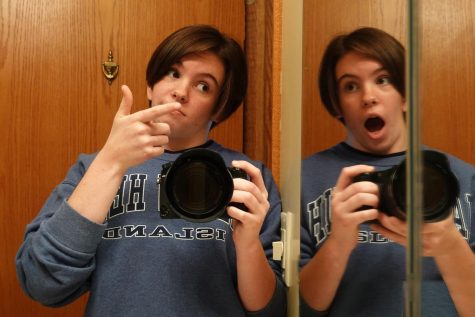
When she's not working on the Communicator, she can be found practicing jazz, preparing for a Mock Trial competition or helping run feminist club. Some fun facts about Geneve are as follows: she was born with an extra thumb that has since been removed; she loves to sing and dance, even though she is not good at either.



